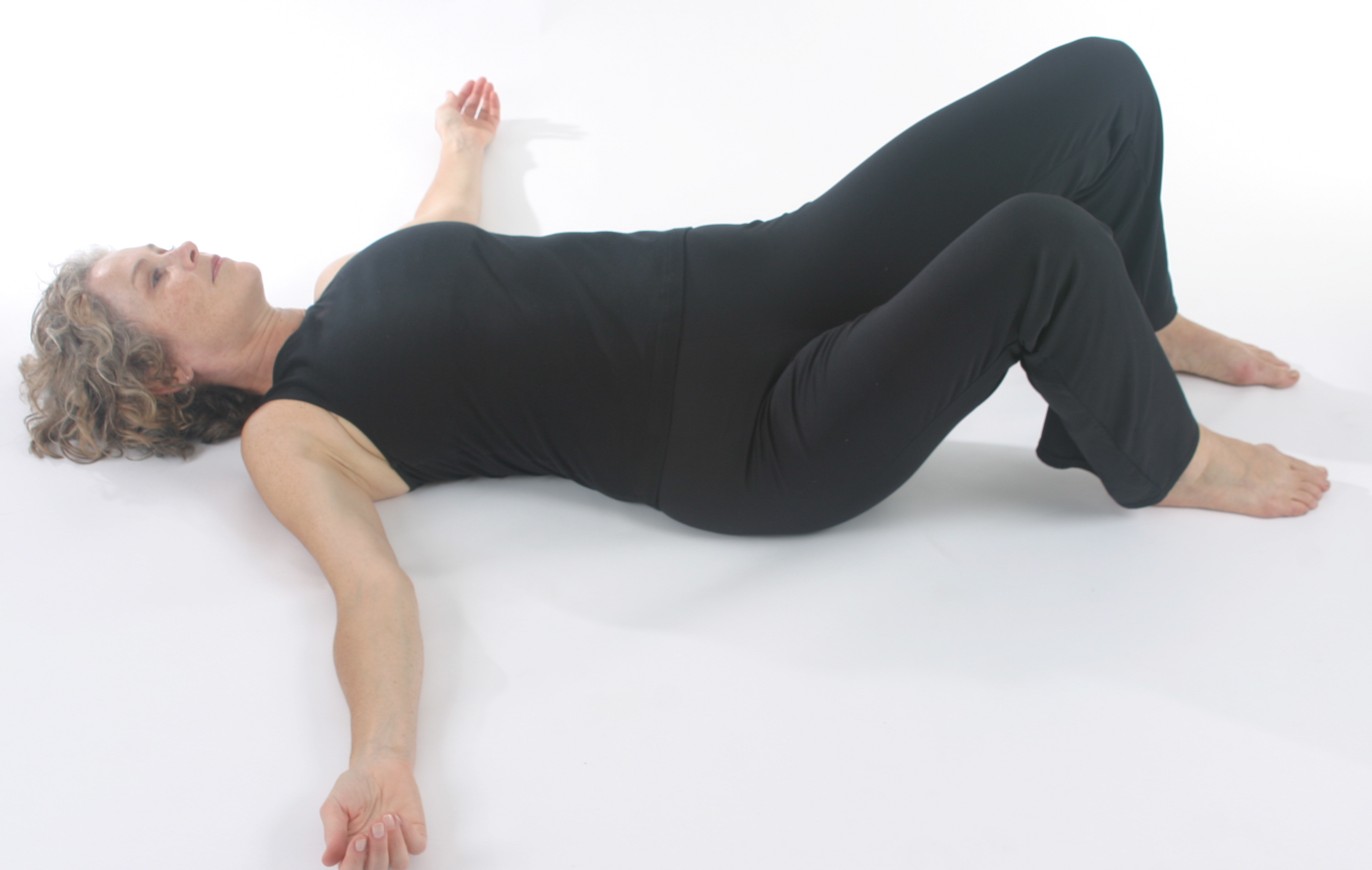
Zazen involves concentrating on your breathing deep and sitting still for long periods. The practitioner must keep their mind clear and not think about anything else during meditation. Even though savasana can be more difficult than traditional savasana to practice, it is crucial to the development and health of the human brain. Begin by ensuring that your spine is straight and comfortable. Then, lock your eyes and sit in the seated posture for at least ten minutes.
When performing zazen, remember to keep your posture in the proper position. It is a good idea for both knees to be on the ground. The distance between you and the ground should be equal to your shoulders. Your right big toe should be placed on your left big toe, and vice versa. The spine should be held straight up in the lotus position. Each leg should have your hands naturally resting on the other.

Zazen requires that the practitioner practice silent, mindful breathing. Allow the breath to flow naturally and not control it. Long, shallow and frequent breaths are better than short, shallow and irregular ones. If you are not absolutely required to force your breathing, don't. Instead, you should let your breathing flow naturally. It should be possible to feel a variety of emotions and feelings simultaneously. These feelings can be difficult to deal with, so zazen is an excellent way to find inner peace.
The "Hokkaijo In" or seated posture is the most important part of the practice. Zazen is best practiced in a seated position. This means placing the palm of the right hand in your lap and the left hand loosely on top of your right hand. The Hara (the center) of the human body should be reached lightly by the tips the thumbs.
The practice and development of the mind are the most important aspects of zazen. The hara is the place of repose, which is four inches below the navel and expands two inches on either side. The Hara is the centre of the practice. It is the seat where the heart is. To reach this point, the body must be balanced. This requires that the practitioner is calm and unmoving. A calm and peaceful heart is key to harmony and peace.

To practice zazen, one must find a peaceful place that is both dark and warm. The location should have a Manjushri Bodhisattva Buddha statue. The location should have adequate light and temperature. The Buddha is believed to be the supreme being and will benefit everyone. The key to zazen is a zen practitioner's mind.
FAQ
What can I do to improve my mental health and well-being?
It is vital to maintain mental health, especially for those who are stressed from school, work, and family. Regular exercise, healthy eating, quality sleep, and spending time with loved ones are the best ways to improve your mental well-being. Exercise can increase endorphins, which make us happier. A healthy diet is important for our bodies to function properly. Being well rested gives you energy for the day. Finally, quality time spent with loved ones enhances our relationships as well as reduces stress.
Why is mental wellbeing important?
Mental health is essential for everyone. If you don't feel well mentally, you won't be able to do anything else. It is important to keep your mind healthy.
If we are not feeling well mentally, our bodies will start to show signs of stress. This could cause health problems, such as stomach aches, backaches, headaches, and other issues. It is important to take care for our bodies and minds in order to maintain a healthy balance.
What are some examples?
Any condition that causes severe distress or impairment in functioning is considered a mental disorder. Depression, anxiety, schizophrenia and borderline personality disorder are some examples of mental disorders.
Is it possible that I am depressed?
Depression is a very common problem for teens. It's important to remember that depression is a common problem among teens.
This doesn’t mean you’re insane or weak. Many people are unaware that they are suffering from depression. Depression is a medical condition.
There are many kinds of depression. Some people feel only sadness. Others experience other emotions. There are different levels of severity.
Some people suffer mild depression, others are more severe. It's important for people to realize that depression does not necessarily mean bad things. Sometimes, depression can be helpful in coping with stressful situations.
If you are feeling unmotivated, sad or tired, it is a good idea to see a doctor. Your doctor can diagnose you, and help you decide whether treatment is necessary.
Statistics
- Similarly, for positive mental health, there is likely to be substantial agreement about some typical components (e.g., resilience to stress) 6, and controversy about more atypical components (e.g., career consolidation). (ncbi.nlm.nih.gov)
- It does have some influence, but not nearly as much as we might think, so focusing less on attaining wealth will likely make you happier (Aknin, Norton, & Dunn, 2009); (positivepsychology.com)
- More than 50% will be diagnosed with a mental illness or disorder at some point in their lifetime.3 (cdc.gov)
- Appropriate nutrition and exercise are likely among the most efficacious and cost-effective positive mental health interventions. (ncbi.nlm.nih.gov)
- More than 40 million adults in the United States have an anxiety disorder, but less than 37% of people seek mental health treatment for their symptoms. (talkspace.com)
External Links
How To
How to Improve Your Memory
Everyone wants to be better at remembering things. Unfortunately, memory loss can happen to anyone at any time. In fact, more Americans than 65 years old suffer from dementia.
You have many options for improving your memory. Here are three simple steps to take right away:
-
Increase your intake of fruits and vegetables. Vegetables and fruits are rich in antioxidants, vitamins and minerals as well as fiber and phytochemicals which can boost brain function. They also have essential nutrients that protect against neurological disease.
-
Get Enough Sleep. Poor concentration and memory loss have been linked to sleep deprivation. Get seven to eight hours of sleep each night.
-
Take a Walk. Walking stimulates blood circulation to the brain, which improves memory. Walking makes you slimmer and healthier.